View / Download PDF of Article Here
Reviewed February 2024
Before Pesach, a person is obligated to perform bedikas chometz, a search of his house and possessions, to ensure that he does not own any chometz. The bedika should be conducted at the beginning of the night of the 14th of Nissan, immediately after tzeis hakochavim.1 If he did not do so, the bedika can be done all night. Bedi’eved, if he did not perform the bedika that night he should do it on the day of the 14th of Nissan.2
If he will not be home on the night of the 14th of Nissan, he should appoint another adult to perform the bedika on his behalf.3 If he leaves his house within thirty days of Pesach, and is not planning to return and conduct a bedika […]



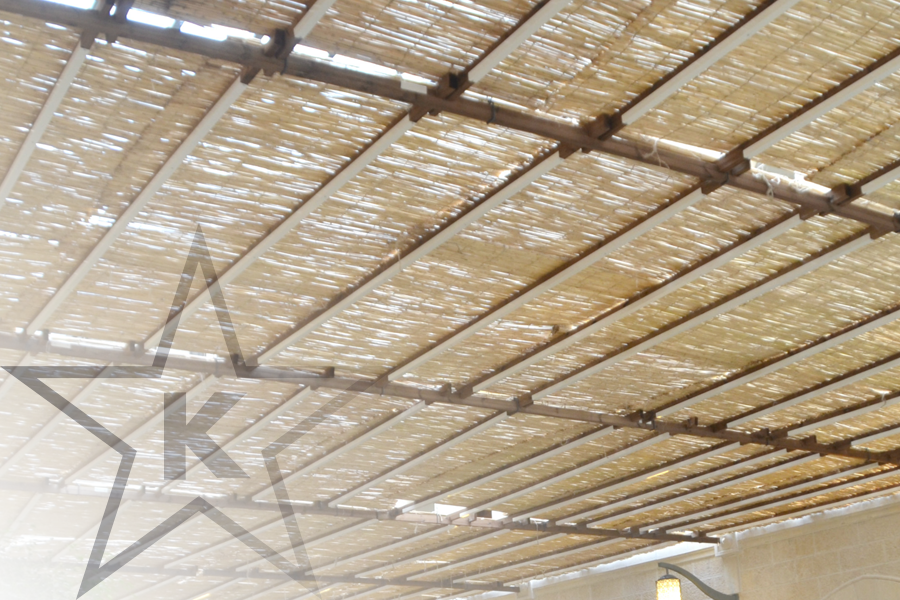
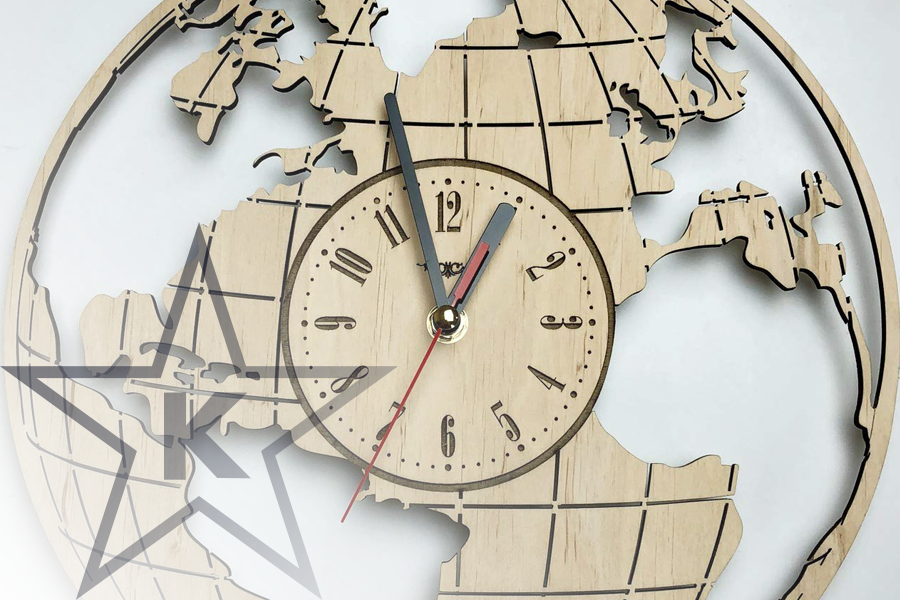


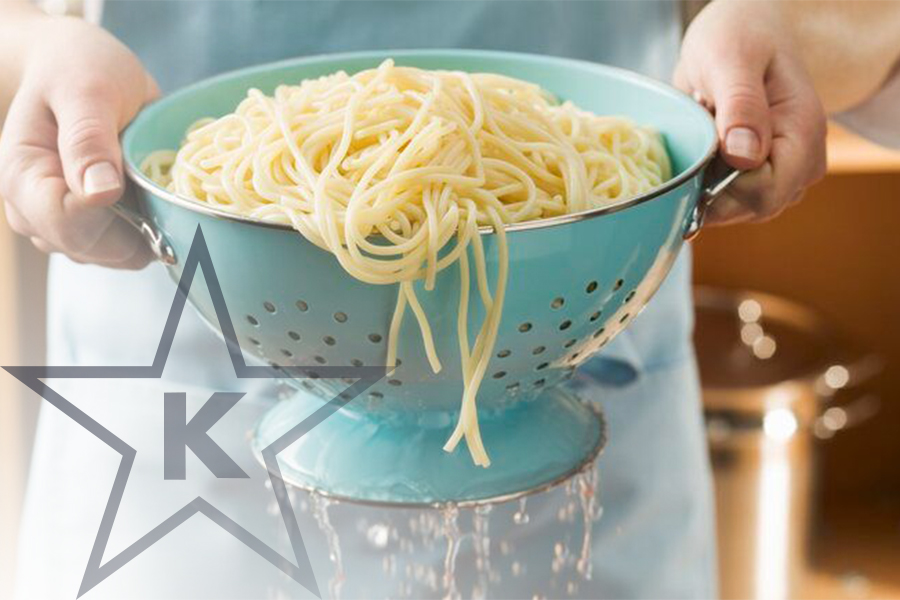
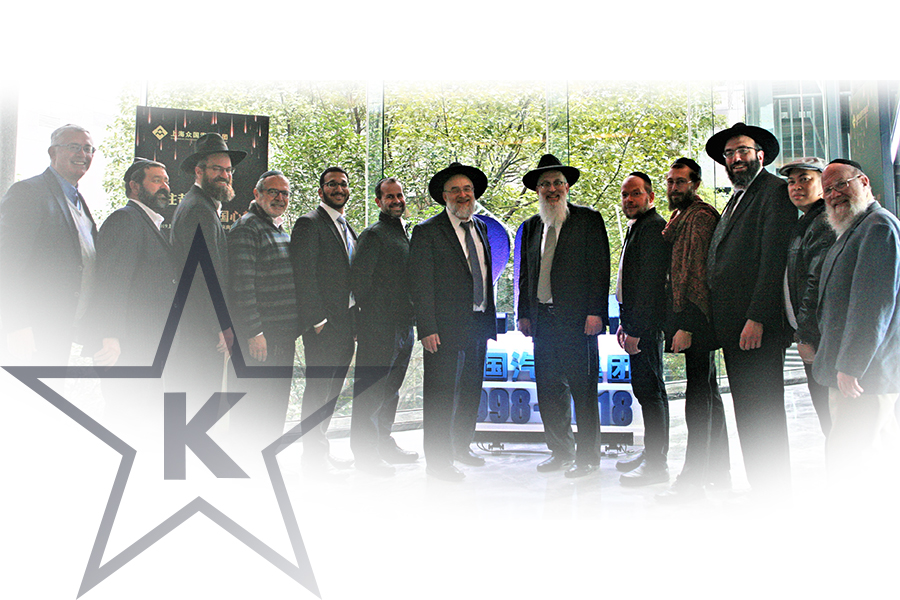

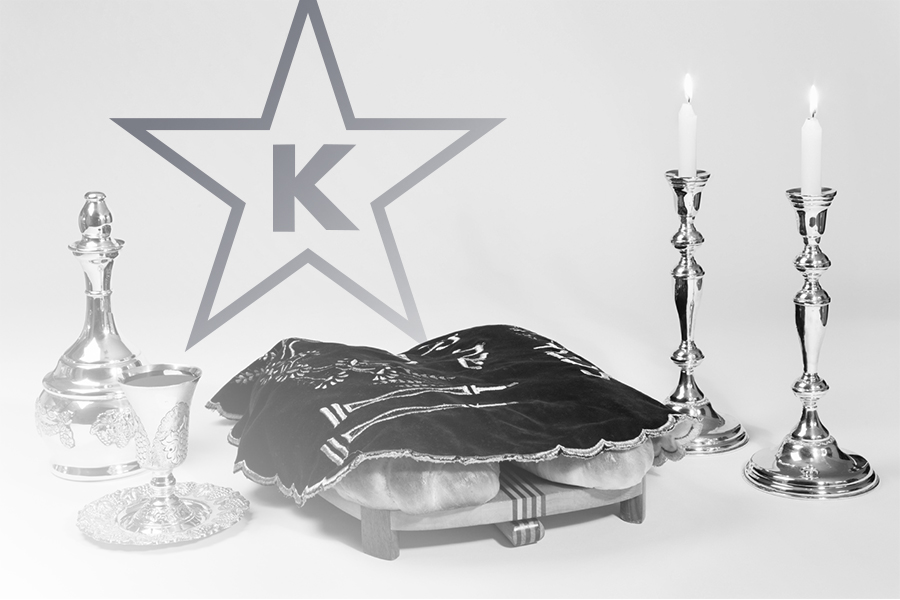
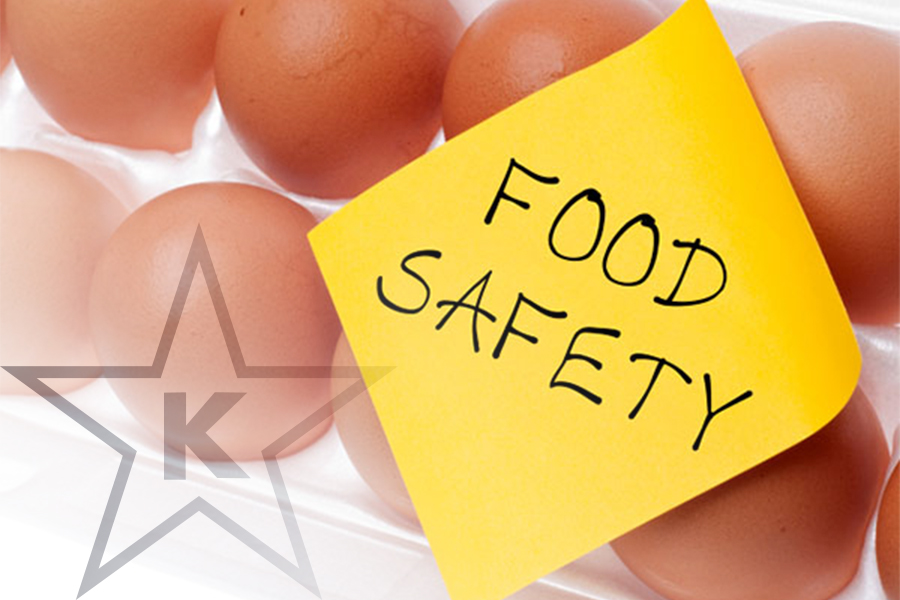
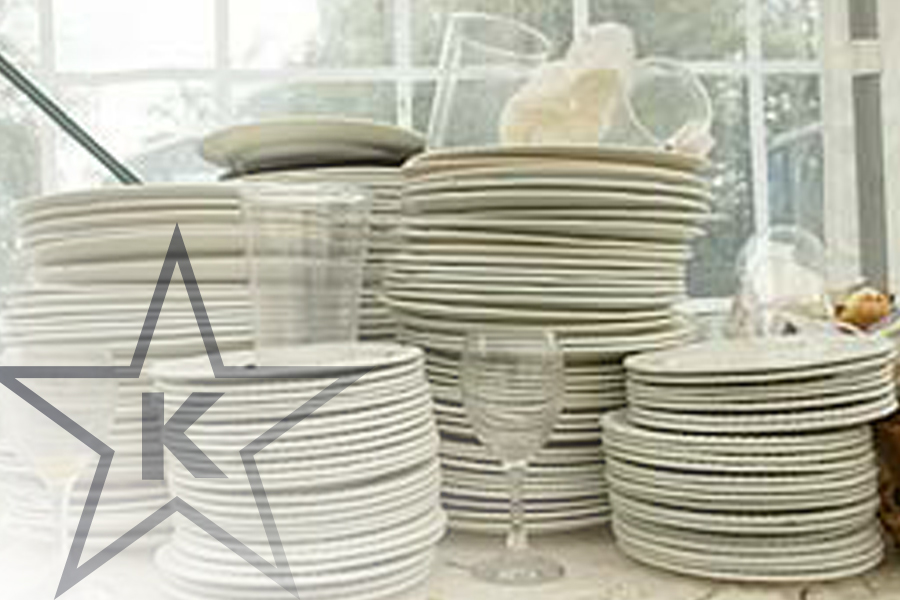

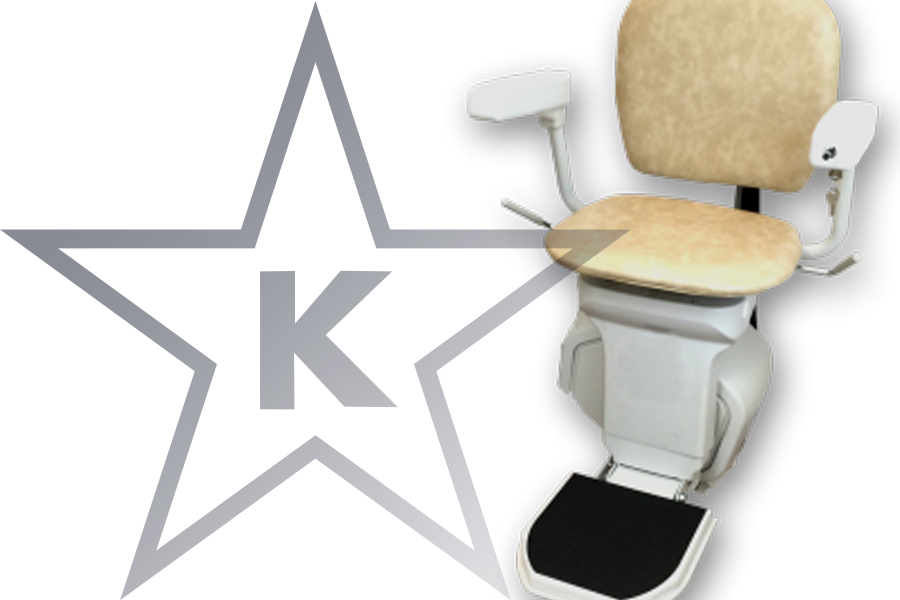
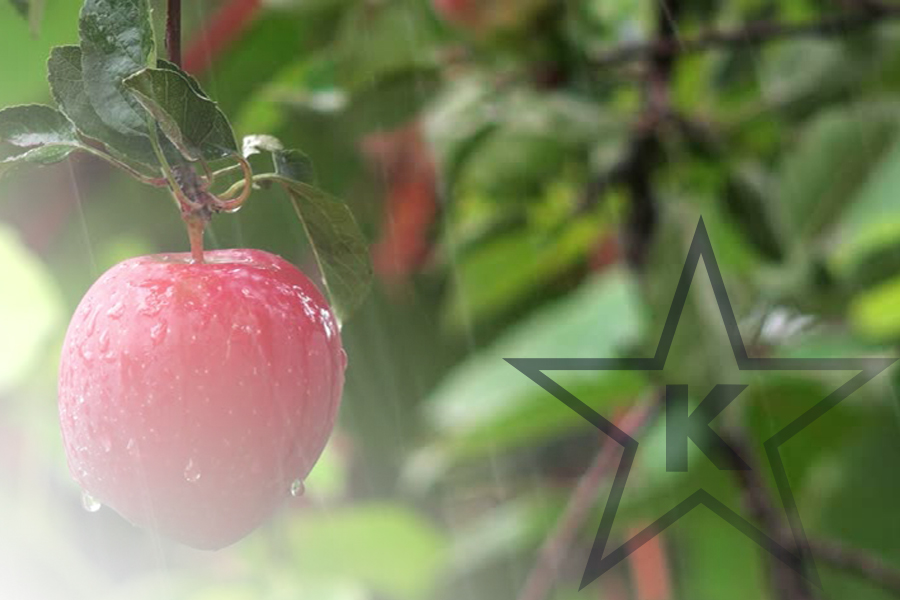
 STAR-D
STAR-D STAR-S
STAR-S